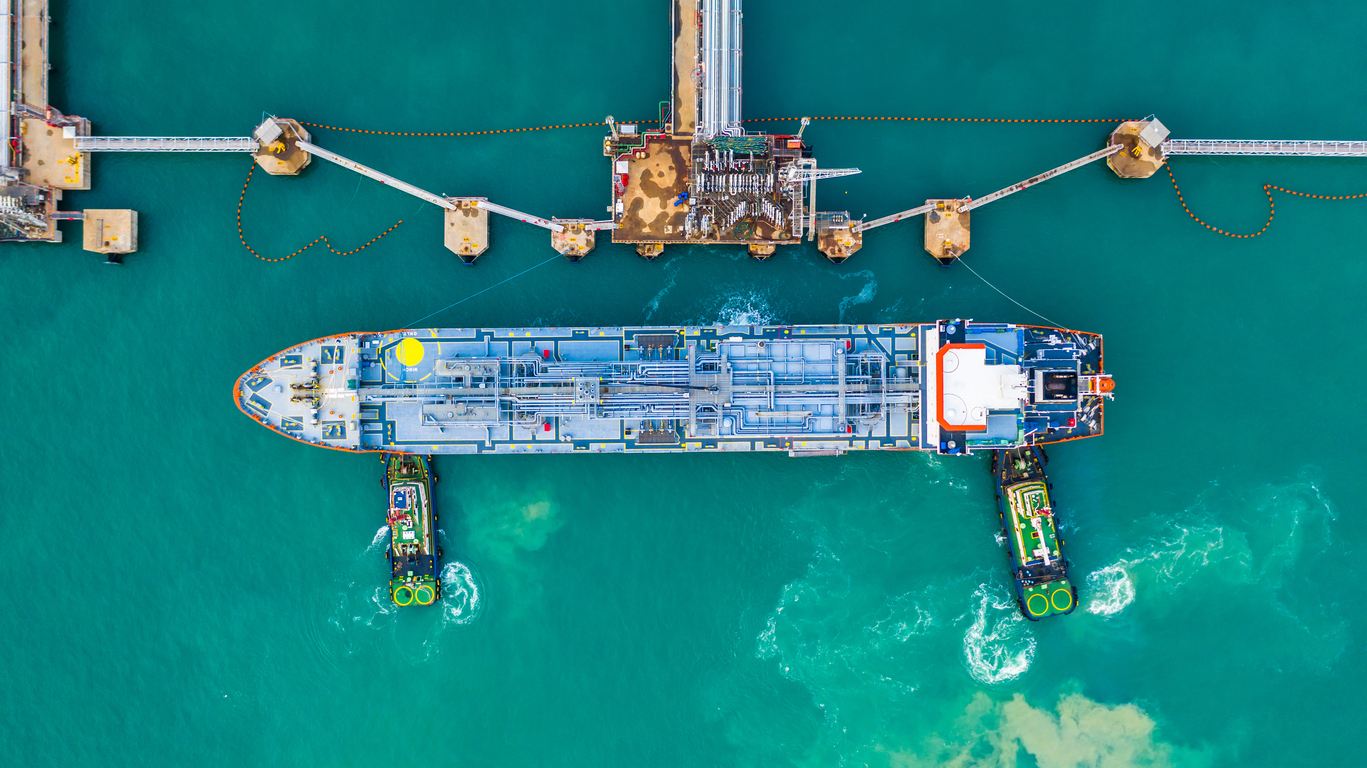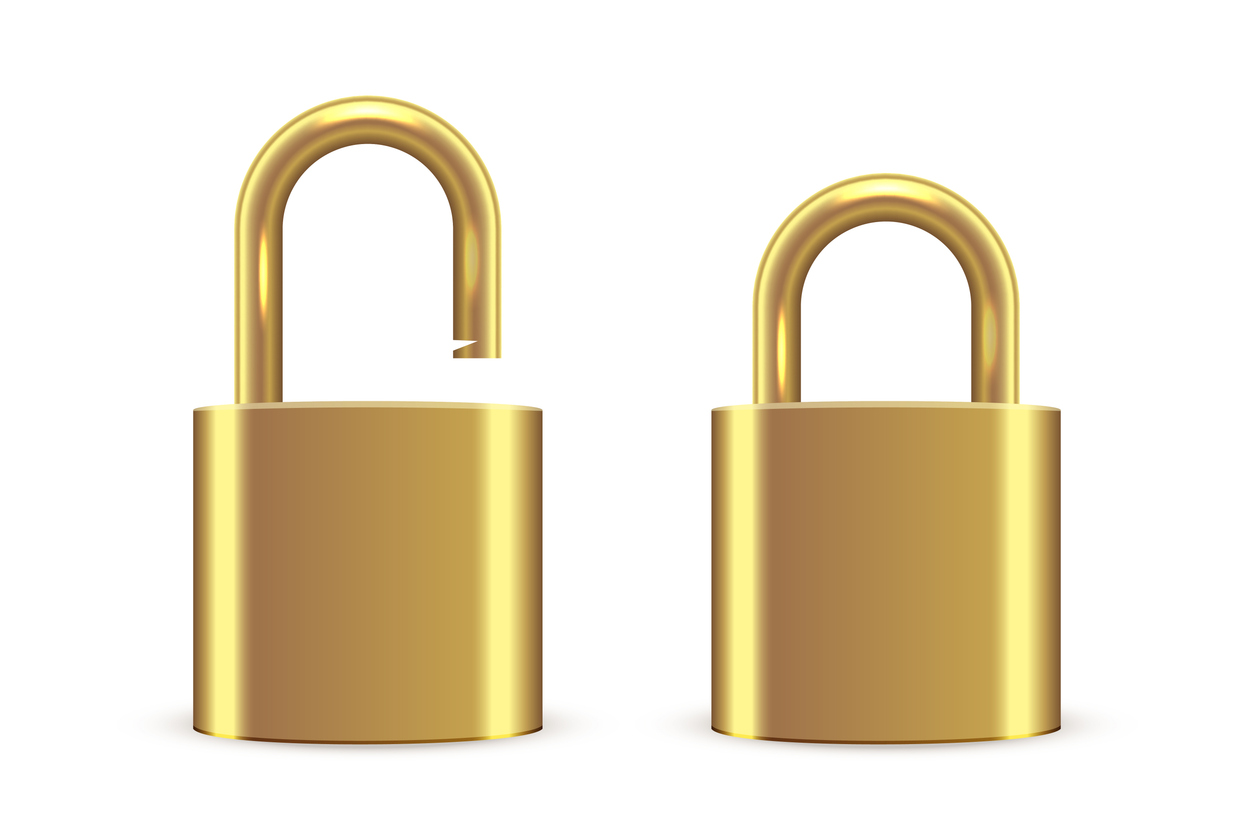Maritime Security Companies in Nigeria: Protecting Vessels in High-Risk Waters
Nigeria’s maritime sector plays a crucial role in international trade, but the waters surrounding the country, particularly in the Gulf of Guinea, have become notorious for piracy, armed robbery, and other illegal activities. To combat these threats, maritime security companies in Nigeria provide essential services to protect vessels, crew, and cargo, ensuring the safe passage of ships through these high-risk areas.
In this guide, we’ll explore the role of maritime security companies in Nigeria, the services they offer, the regulatory environment, and how businesses can choose the right security partner to safeguard their maritime operations.
The Importance of Maritime Security in Nigeria
The Gulf of Guinea is one of the world’s most dangerous regions for maritime operations, accounting for a large percentage of global piracy incidents. Nigerian waters are particularly vulnerable to piracy, oil theft, and crew kidnappings, making security a critical concern for shipping companies, oil tankers, and fishing vessels.
The key threats that maritime security companies in Nigeria address include:
- Piracy: Pirates frequently target vessels in Nigerian waters, hijacking ships, stealing cargo, and kidnapping crew members for ransom. Armed security teams act as a deterrent and respond to such attacks.
- Armed Robbery: Criminals often board ships to steal valuable cargo, particularly oil and fuel. Security personnel are trained to prevent and counteract these thefts.
- Crew Safety: Kidnapping for ransom is common in the region, with crew members held captive until payments are made. Security services focus on preventing kidnappings and ensuring the safety of seafarers.
- Supply Chain Disruptions: Attacks on vessels lead to delays, increased shipping costs, and higher insurance premiums. Maritime security helps maintain smooth and uninterrupted trade operations.
Services Offered by Maritime Security Companies in Nigeria
Maritime security companies in Nigeria offer a range of specialized services to protect vessels operating in high-risk waters. These services are designed to mitigate piracy threats, ensure the safety of crew and cargo, and comply with local regulations. Some of the key services include:
1. On-Board Armed Security Personnel
Maritime security companies provide armed guards who are deployed on vessels to protect against pirate attacks. These personnel are highly trained in maritime security and use non-lethal and lethal measures to deter and neutralize threats.
- Benefits:
- Visible security presence deters potential attackers.
- Immediate response to piracy or armed robbery attempts.
- Protection for crew and cargo in high-risk zones.
2. Escort Vessels
Escort vessels are deployed to accompany cargo ships through dangerous areas. These vessels are equipped with armed security teams and advanced surveillance technology to detect and respond to any suspicious activity.
- Benefits:
- Offers an additional layer of protection for cargo ships.
- Provides real-time monitoring of surrounding waters for potential threats.
- Ensures a rapid response in case of piracy attempts.
3. Surveillance and Monitoring
Security companies use advanced surveillance systems to monitor shipping routes in Nigerian waters. These systems include radar, drones, satellite tracking, and other technology that helps detect pirate movements and provide real-time updates to ship operators.
- Benefits:
- Early detection of potential threats to prevent attacks.
- Continuous monitoring of high-risk zones.
- Sharing of intelligence with shipping companies and authorities.
4. Anti-Piracy Drills and Training
Maritime security companies often provide anti-piracy drills and crew training to prepare vessel personnel for potential attacks. These drills focus on evasive maneuvers, hardening the ship, and ensuring that the crew knows how to respond to threats.
- Benefits:
- Equips crew members with practical skills to handle piracy situations.
- Improves overall ship security by preparing crew for emergencies.
- Reduces the likelihood of successful pirate attacks.
5. Risk Assessment and Route Planning
Security companies assess the risks associated with specific shipping routes in Nigerian waters and provide recommendations on safer paths for vessels. They also assist with planning the safest times to navigate high-risk areas.
- Benefits:
- Avoids dangerous routes where piracy is more likely.
- Reduces exposure to high-risk zones through strategic planning.
- Ensures safer passage through Nigerian waters.
Regulatory Framework for Maritime Security in Nigeria
Nigeria has strict regulations governing the use of armed guards and private security on vessels in its territorial waters. International laws permit the use of private armed guards in international waters, but within Nigerian waters, the law requires the involvement of government-authorized security personnel.
Key Regulatory Points:
- Nigerian Navy Involvement: The Nigerian Navy plays a critical role in ensuring maritime security. Private security companies must coordinate with the Navy, and in many cases, naval personnel are deployed on board vessels in Nigerian waters.
- Private Armed Security: While foreign private armed guards are allowed in international waters, they are not permitted within Nigeria’s Exclusive Economic Zone (EEZ) without authorization. Nigerian-registered maritime security companies with proper licenses must be used.
- Licensing Requirements: Maritime security companies operating in Nigeria must be licensed by the appropriate authorities. Shipping companies must ensure they are working with certified providers to avoid legal complications.
Choosing the Right Maritime Security Company in Nigeria
Selecting the right maritime security provider is crucial for businesses operating in Nigeria’s challenging waters. Here are some factors to consider when choosing a maritime security company:
1. Licensing and Certification
Ensure that the security company is fully licensed and certified by the Nigerian government and relevant maritime authorities. Compliance with Nigerian laws is critical to avoid legal issues, especially when using armed guards.
2. Experience in Nigerian Waters
Look for companies with extensive experience operating in Nigerian waters and the broader Gulf of Guinea region. Local knowledge and understanding of the region’s security dynamics are key to providing effective protection.
3. Coordination with Nigerian Navy
Verify that the security company has established relationships with the Nigerian Navy and other local security agencies. Collaboration with government forces is essential for legal compliance and effective security.
4. Range of Services
Choose a security provider that offers comprehensive services, including on-board armed guards, escort vessels, surveillance, and risk assessments. A full-service company can better address the complex security needs of shipping operations in Nigeria.
5. Technology and Resources
A good maritime security company should use advanced surveillance and monitoring systems to detect and deter piracy threats. Ensure the company is equipped with the necessary technology to keep your vessel safe.
Leading Maritime Security Companies in Nigeria
Several maritime security companies in Nigeria provide top-tier services to protect vessels operating in the Gulf of Guinea. While the market includes both local and international players, it’s important to choose companies that are licensed, experienced, and compliant with Nigerian regulations. Some of the well-known maritime security providers in Nigeria include:
- Ocean Marine Solutions: Specializes in providing armed security escorts, patrol vessels, and on-board guards for vessels operating in Nigerian waters. They have strong ties with the Nigerian Navy and a proven track record of reducing piracy risks.
- Paramount Maritime: Offers a wide range of maritime security services, including escort vessels, security personnel, and advanced monitoring systems. They focus on compliance with local laws and delivering tailored solutions for shipping companies.
- GardaWorld: As a global security firm, GardaWorld provides maritime security services in Nigeria through a combination of armed guards, surveillance, and risk management solutions, tailored to protect vessels from piracy threats.
Wigmore Trading: Ensuring Safe Maritime Operations in Nigeria
At Wigmore Trading, we understand the complexities and security challenges of operating in Nigerian waters. We partner with certified maritime security providers to ensure that our clients’ vessels, cargo, and crew are protected from piracy and other threats. Whether you’re importing or exporting goods through Nigeria, we offer secure shipping and logistics solutions tailored to your business needs.
Our Services Include:
- Secure Shipping Routes: We work with maritime security providers to plan the safest routes through high-risk areas.
- Coordination with Local Authorities: We facilitate cooperation with the Nigerian Navy and certified security companies to ensure legal compliance.
- Reliable Delivery: With our extensive logistics network, we ensure your goods arrive safely and on time, even when navigating through challenging maritime environments.
Conclusion
Maritime security in Nigeria is essential for businesses operating in the Gulf of Guinea, where piracy and armed robbery are persistent threats. Choosing the right maritime security company is critical to protecting vessels, cargo, and crew in these high-risk waters. By working with licensed, experienced providers and coordinating with local authorities, businesses can navigate Nigerian waters with confidence. Wigmore Trading offers secure and reliable logistics solutions to support your maritime operations in Nigeria.








Comments are closed.